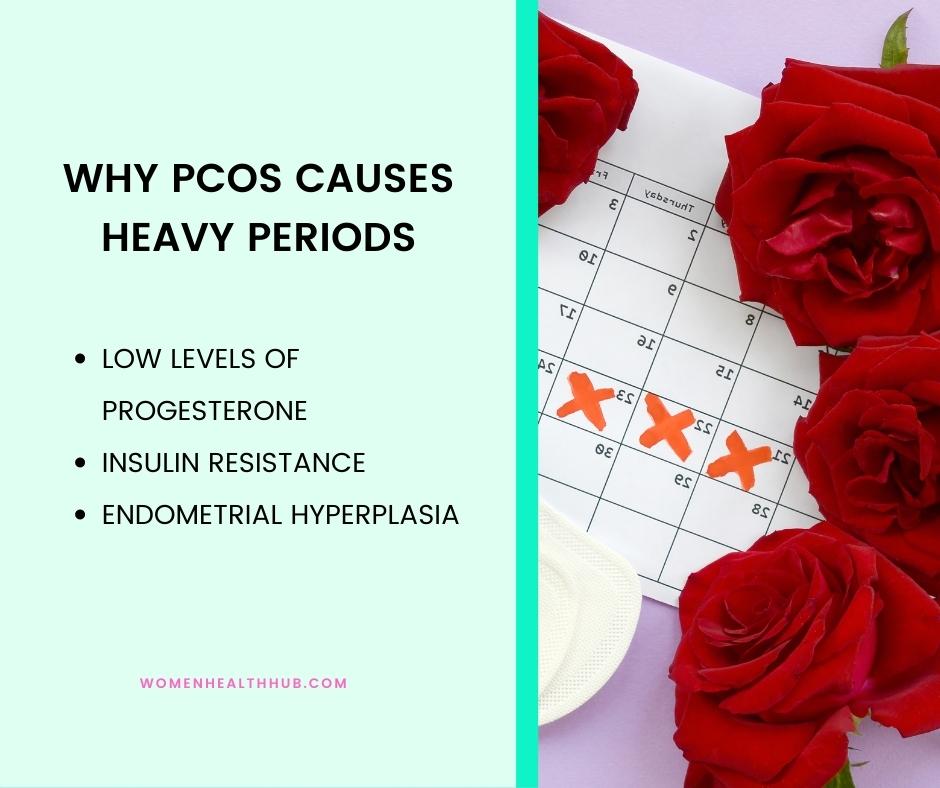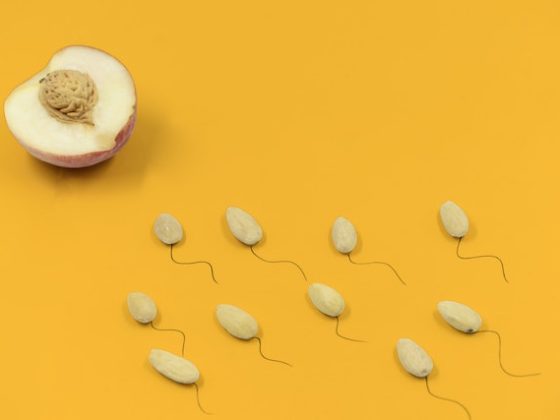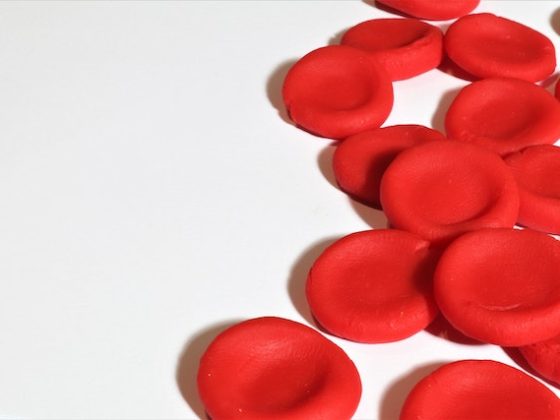Hey there! This post may contain affiliate links. As an Amazon Associate, I earn a teensy commission from qualifying purchases when you buy through these links (at no additional cost to you). For more info, please check the full disclaimer.
PCOS or polycystic ovarian syndrome is a hormonal disorder of the ovaries affecting around 4-20% of all women of reproductive age. Hence, it’s one of the most common causes of infertility in women.
The disorder is characterized by cysts in the ovaries, excess male hormone androgen in the body, and irregular and skipped periods.
Women diagnosed with PCOS may also suffer from other symptoms, such as excessive hair growth (hirsutism), acne, infertility, and weight gain, due to hormone imbalance.
Why Does PCOS Cause Heavy Periods
A lot of women with PCOS experience heavy bleeding during their periods, aka menorrhagia. Heavy periods mean that you may require two or more pads or tampons and the days would last longer than seven. Menorrhagia usually affects about 30% of women.
Usually, PCOS cause heavy periods for the reasons discussed below.
- Low Progesterone Levels
Women with PCOS have low levels of progesterone. This hormone regulates the menstrual cycle and thickens the inner lining of the uterus. When progesterone levels are low, the uterus lining weakens and easily bleeds, leading to heavy menstruation.
- Insulin Resistance
Insulin is a hormone that regulates the blood glucose levels. Most women with PCOS have insulin resistance. As compensation, the body produces more insulin, leading to an excess in the bloodstream. Consequently, the ovaries produce more androgens which result in heavy periods.
- Endometrial Hyperplasia
Women with PCOS may be at a higher risk for endometrial hyperplasia. In this condition, the walls of the uterus become abnormally thick. Ultimately, it results in heavier bleeding and an increased chance of endometrial cancer.

What’s the Treatment for Heavy Periods
As PCOS cause heavy periods in a vast majority of women, there are varying options available, depending on your health and the preferred mode of treatment.
A doctor may ask you to make some lifestyle changes to ease the heavy periods. For instance, eating a healthy diet that includes lean meat (red meat or chicken) is critical to get sufficient iron and protein, especially for women with heavy periods. Otherwise, you may be prone to protein or iron deficiency symptoms. You also need sufficient Vitamin C for iron absorption.
In addition, you may be asked to drink more water and herbal teas, such as chamomile and ginger, to restore blood volume and fight inflammation. Peppermint tea has remarkable soothing effects as well.
You should also get enough exercise regularly to reduce the severity of menstrual cramps and improve blood flow.
To relieve period cramps, take over-the-counter pain relievers. Other than that, doctors may prescribe hormonal medicines to regulate periods. In advanced cases, some sort of surgery may also be required.
Read More: 10 Worst Foods for Hormone Imbalance
PCOS and Period Problems
Not only does PCOS cause heavy periods, but it can also disrupt the normal hormonal balance and menstrual cycle in other ways.
For instance, irregular periods are a significant problem in women with PCOS. the condition may also lead to super painful periods. Women with PCOS may even pass blood clots with the period blood.
Additionally, hormonal imbalance affects the skin, making it a perfect target for acne-causing bacteria.
Plus, PCOS patients often face insulin resistance which may make it harder for them to lose weight. Excess hair growth is also an issue with PCOS because of excess androgen.
Women with PCOS are often infertile and have difficulty conceiving, especially if they have serious period problems like skipped periods for a long time.
Conclusion
One of the most common symptoms of PCOS is heavy periods. There are a number of reasons why PCOS cause heavy periods, including low levels of progesterone, insulin resistance, and endometrial hyperplasia.
Treatment options available for heavy periods caused by PCOS include lifestyle changes, medication, and surgery.
If you experience heavy periods, experts advise seeing a doctor to determine the cause and get the appropriate treatment.
References:
- https://www.larabriden.com/how-to-treat-heavy-periods-with-diet-natural-progesterone/
- https://www.ncbi.nlm.nih.gov/pmc/articles/PMC5393469/








